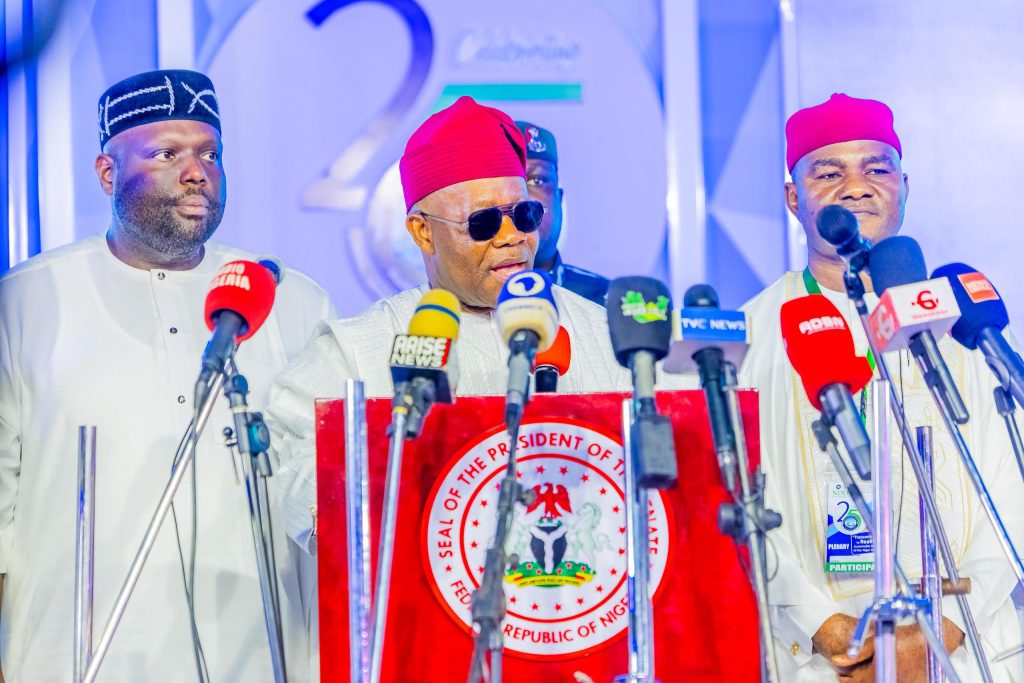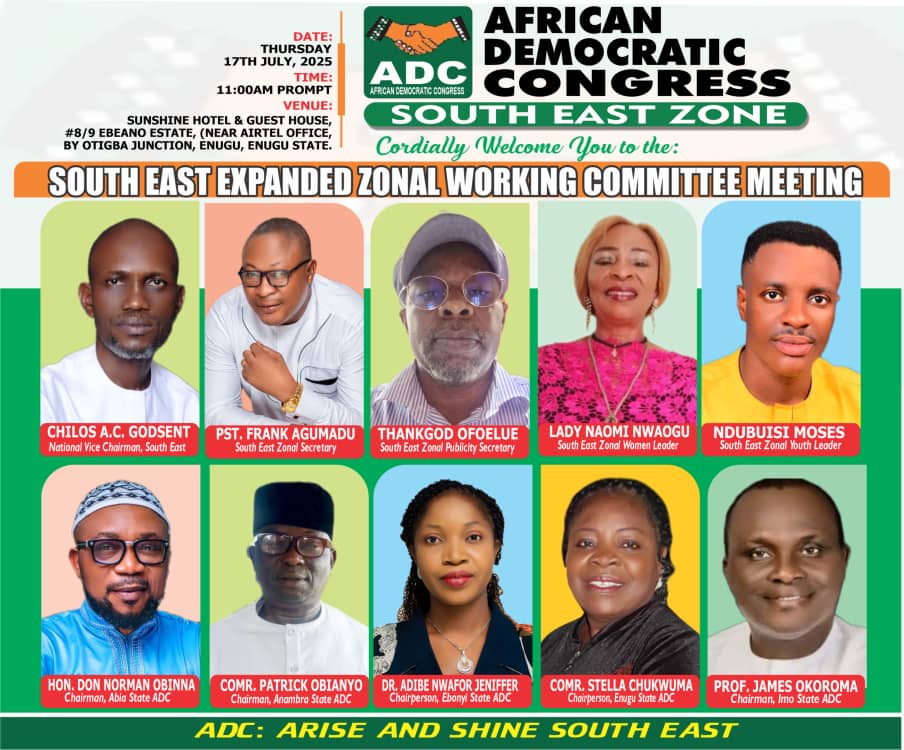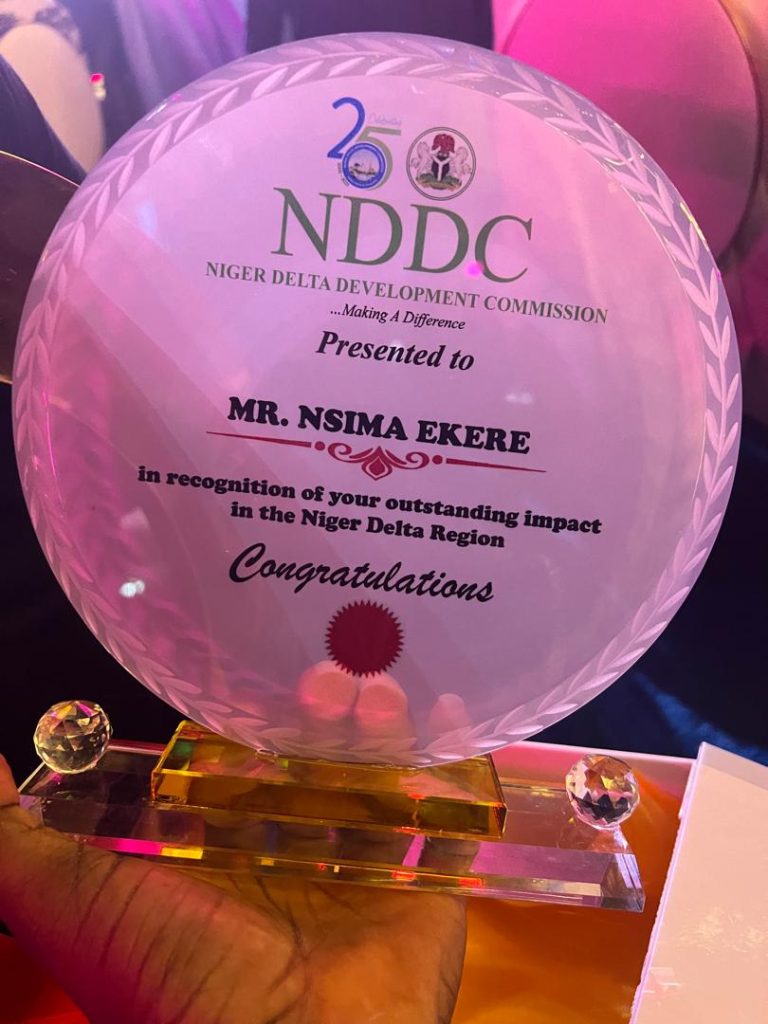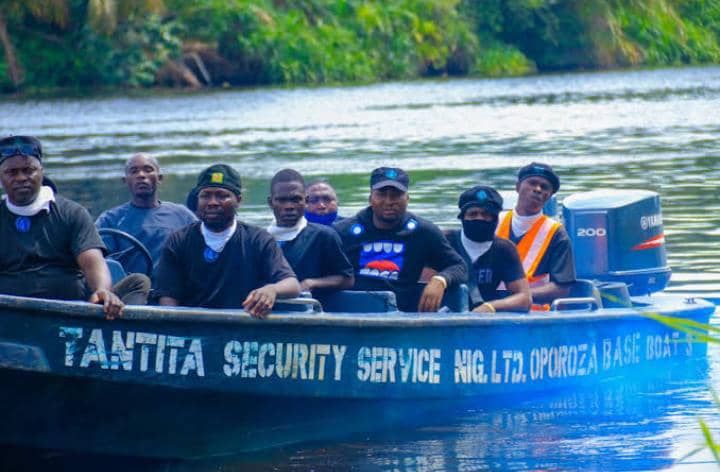News
World Bank Approves $750m Electricity Facility For Nigeria

The World Bank has approved a $750 million facility for the Nigeria Distributed Access through Renewable Energy Scale-up (DARES) project.
The bank said in a statement, in Abuja, this afternoon, that the project, to be financed by an International Development Association (IDA) funding, would leverage over $1 billion of private capital and significant parallel financing from development partners, including $100 million from the Global Energy Alliance for People and Planet and $200 million from Japan International Cooperation Agency.
Other development partners collaborating on the programme include the United States Agency for International Development (USAID), the German Development Agency (GIZ), SEforAll, and the African Development Bank (AfDB).
The DARES project aims to provide over 17.5 million Nigerians with new or improved access to electricity through distributed renewable energy solutions.
It would use innovative financing solutions to scale up private sector-led clean electricity provision in Nigeria.
As of 2021, over 85 million Nigerians lacked access to electricity; businesses and households with access to the national grid have faced unreliable and insufficient supply, a gap often filled with power from petrol and diesel-run generator sets that are costly and highly polluting to people and the environment.
The bank explained, [b]“To further address the access gap, DARES will build on the achievements of the World Bank-financed Nigeria Electrification Project (NEP), which has supported the establishment of 125 mini grids and the sale of over a million Solar Home Systems, through which more than 5.5 million Nigerians have gained access to electricity.
“NEP has also resulted in the creation of over 5,000 private-sector local green jobs in Nigeria.
“The DARES program will enable the Federal Government of Nigeria to coordinate and finance all off-grid electrification efforts and will help states access technical assistance to develop institutional capacity and policy frameworks for rooftop solar.
“The program will prioritize gender and inclusion by building on the NEP’s gender-related actions to facilitate access to electricity for disadvantaged female-headed households and women-led MSMEs, as well as, actions to increase the employment of women in the energy sector.
Speaking on the new deal, Shubham Chaudhuri, World Bank Country Director for Nigeria, said that his team was committed to providing many more Nigerians aces to electricity.
His words, “We are committed to expanding clean energy-based access in Nigeria, with the USD $750 million Nigeria DARES project being the largest ever single distributed energy project of the World Bank globally.
“It will benefit over 17.5 million unserved, underserved, rural, and remote Nigerians through the deployment of standalone solar and mini grids and replace more than 280,000 polluting and expensive petrol and diesel generator sets, an important step for Nigeria towards achieving its energy transition targets.
“Through the DARES project, Nigeria will be able to provide up to 237,000 MSMEs with reliable and clean electricity for productive uses that will help improve their potential to generate income and create local jobs.”
Also speaking, the Minister of Power, Chief Adebayo Adebalu, said, “I am excited to contribute to this revolutionary movement, emphasizing innovative financial instruments like the DARES program. These initiatives not only unlock the full potential of the off-grid sector but also fuel investments, propelling forward clean energy solutions.
“The ripple effect reaches unserved and underserved communities, unlocking access to a realm of clean and equitable energy for all. It’s a powerful journey of empowerment and transformation”.
The DARES program will support Nigeria in closing its electricity access gap and accelerate its transition towards sustainable, efficient, and economically viable electricity supply, demonstrating what can be achieved through effective collaboration and partnerships between the Government, private sector, and development partners.
The International Development Association (IDA) is the World Bank’s fund for the poorest.
IDA loans with maturities ranging from 25 to 40 years, grace periods of 5 to 10 years, and interest rates of between 1.5% -2.8%, depending on whether the borrower is a blend country and to which degree it is eligible.
A regular IDA eligible borrower may take advantage of no-interest loans.
For Diaspora Digital Media Updates click on Whatsapp, or Telegram. For eyewitness accounts/ reports/ articles, write to: citizenreports@diasporadigitalmedia.com. Follow us on X (Fomerly Twitter) or Facebook












